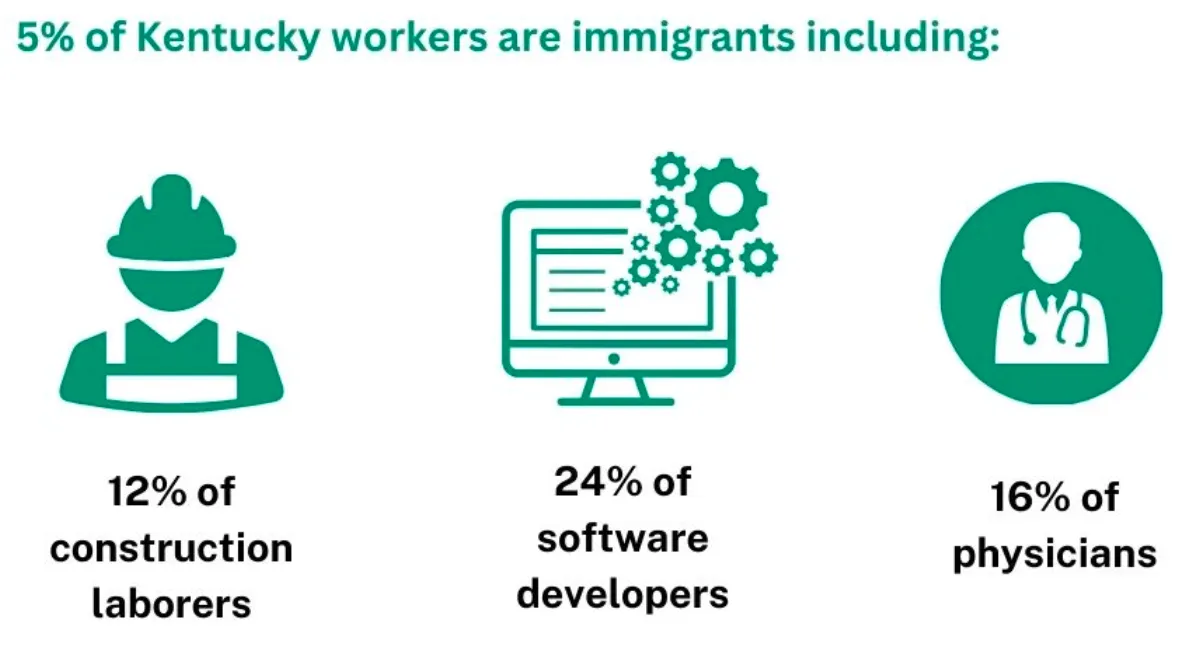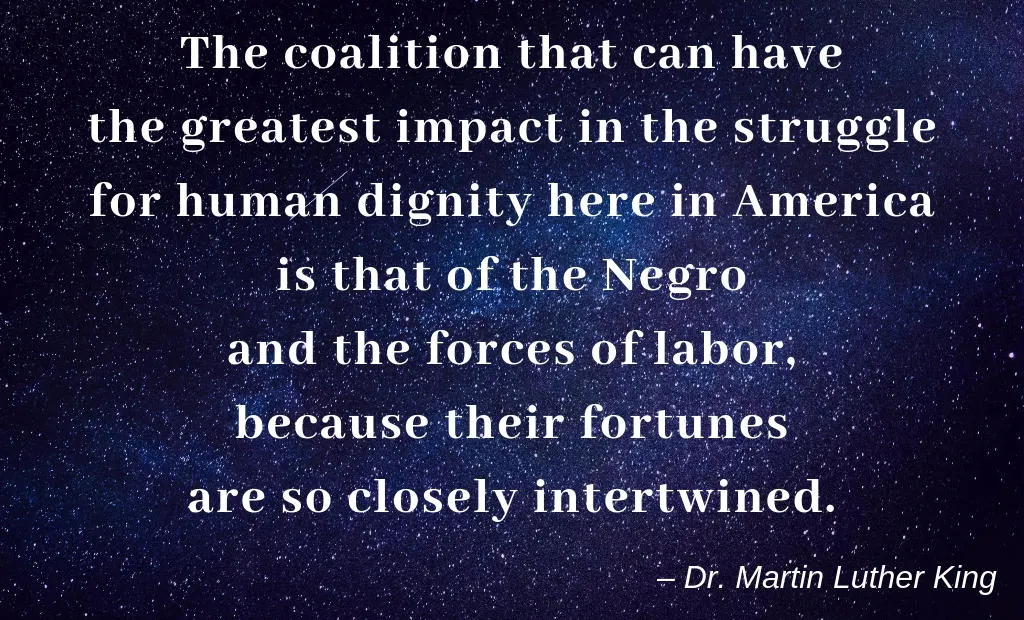Table of Contents
The primary election in Kentucky was, overall, a success. Allowing voting by mail kept people safe during a pandemic and increased turnout at the same time.
There were certainly issues. Ballots took too long to receive. Early voting hours in many places were still too early for people who work. Centralized voting locations meant some people struggled with transportation. Organizations like Kentuckians for the Commonwealth and the Louisville Urban League stepped up heroically, but the fact that they had to wasn’t a great sign.
Even with these issues, and despite national warnings, it’s hard to say the primary didn’t work, and Governor Beshear and Secretary of State Adams received a healthy amount of credit.
A little democracy, as a treat
But organizing a relatively successful primary is one thing. Allowing those same options to continue for the general election is another, and it doesn’t appear Kentucky will have this option in November.
Primaries are certainly important. Choosing the right candidate can give a party an edge in the general. In some heavily partisan areas, the primary serves as the de facto general election. But in most big races, the real decision about who governs is made in November. Making it easy for more people to vote in a primary really doesn’t affect who is elected all that much, and Republicans didn’t have anything to lose by letting people vote from home.
By allowing mail-in voting for the primary, Adams came across as reasonable. However, despite the worsening pandemic, Adams has been hedging for weeks about continuing this through the general, indicating his preference was for in-person-only voting. This was confirmed in a legislative committee Tuesday. His unsurprising shift back to in-person voting is clearly showing his and the Republican Party’s desire for fewer people voting, at least in the general election, where it matters more.
This will make Kentucky one of just eight states without the option to request a mail-in ballot solely due to concerns about the coronavirus. Sixteen states and DC have changed their plans, including five states bordering Kentucky.
Republicans against mail-in voting
As indicated Tuesday, Adams’s new plan would end the universal vote by mail option. He would allow older voters and those considered medically vulnerable to vote by mail, but for the vast majority of Kentuckians, this would not be available. He would keep the extended early voting options available.
He has put out several calls for poll workers with the purpose of avoiding mail-in voting. In a press release on July 15th, he said “if you’re a Republican who doesn’t want a vote-by-mail election in November, you need to step up and be a poll worker.” He also argued that Democrats should volunteer to avoid concerns about voter suppression. He did this with a straight face, despite removing a successful voting option that dramatically increases turnout.
Support for ending mail-in voting is not limited to Adams. Senate Majority Leader Damon Thayer is on board. So is President Trump, who continued saying the quiet part out loud, stating “the things they had in there were crazy. They had things, levels of voting that if you’d ever agreed to it, you’d never have a Republican elected in this country again.” On Thursday, Trump went even further, suggesting that mail-in voter fraud is enough of a concern to delay the entire election. This is consistent with most of Trump’s statements, where “voter fraud” simply means anything that doesn’t go his way.
Issues
There are issues with nearly every part of Adams’s and Trump’s opposition to mail-in voting. To begin, Adams has frequently invoked the idea of making it hard to cheat when voting. However, voter fraud committed through mail-in elections is about as rare as voter fraud committed in person. This hasn’t stopped Adams from pursuing other similarly disenfranchising policies such as the voter ID bill.
Adams also cast doubt on the ability of the Postal Service to handle the increase in mail. Setting aside the fact that he trusts USPS enough to send out postcards to determine who will get removed from voter rolls, the Postal Service handles 472.1 million pieces of mail every day. They are more than capable of handling the increase. Furthermore, most voters in states that have vote by mail options drop their ballots off at election centers rather than mail them back. They could more accurately be called “distribute ballots by mail” states.
The Secretary of State’s concern about County Clerks’ offices not being able to deal with the increase in ballots may be sincere, but I suspect if the counties in 42 other states can handle it, ours can too.
Limiting the ability to vote by mail by age is also problematic, as older individuals are more likely to vote Republican. This would skew the vote and be a systemic example of the “cheating” that Secretary Adams is so concerned about.
His call for more election workers is worrying. Without enough volunteers, the number of polling locations is likely to be limited. Without mail-in voting, this is going to be a significant problem.
Keeping in line with most of his statements, President Trump’s argument about mail-in voting favoring Democrats is incorrect. Universal mail-in voting does not affect the overall partisan makeup of the electorate or affect who wins.
Thayer’s argument about campaigns peaking on Election Day also doesn’t hold water. Most early voters are strong partisans who are not likely to change their votes given another two weeks.
Perhaps the most troubling part of Adams’s argument is that somehow high voter turnout is a problem. He has stated he expects turnout to be 250% higher than in the primary. Assuming he meant 250% as much, that’s still only about 70% turnout. Four states had higher turnout than this in 2016. That’s also significantly higher than Kentucky’s turnout that year. The idea that mail-in voting works so well we can’t use it is ridiculous, and Adams concern about being overwhelmed with democracy is a serious issue.
The idea that mail-in voting works so well we can’t use it is ridiculous, and Adams concern about being overwhelmed with democracy is a serious issue.Click To TweetVote by mail not going away
Nationwide, the share of people voting early and by mail is increasing while in person voting on Election Day has decreased. Once it becomes an option, people cease to be scared, worried, or confused by it. In states that have already adopted it, it is incredibly popular (87% of voters in Hawaii support it).

Now that Kentucky voters have experienced mail-in voting, it will be hard to go back. Despite the issues, it went smoothly for most people. Adams may want elections to return to normal, but like so many other features of our society, the pandemic has shown that “normal” may not be the best option.
–30–








